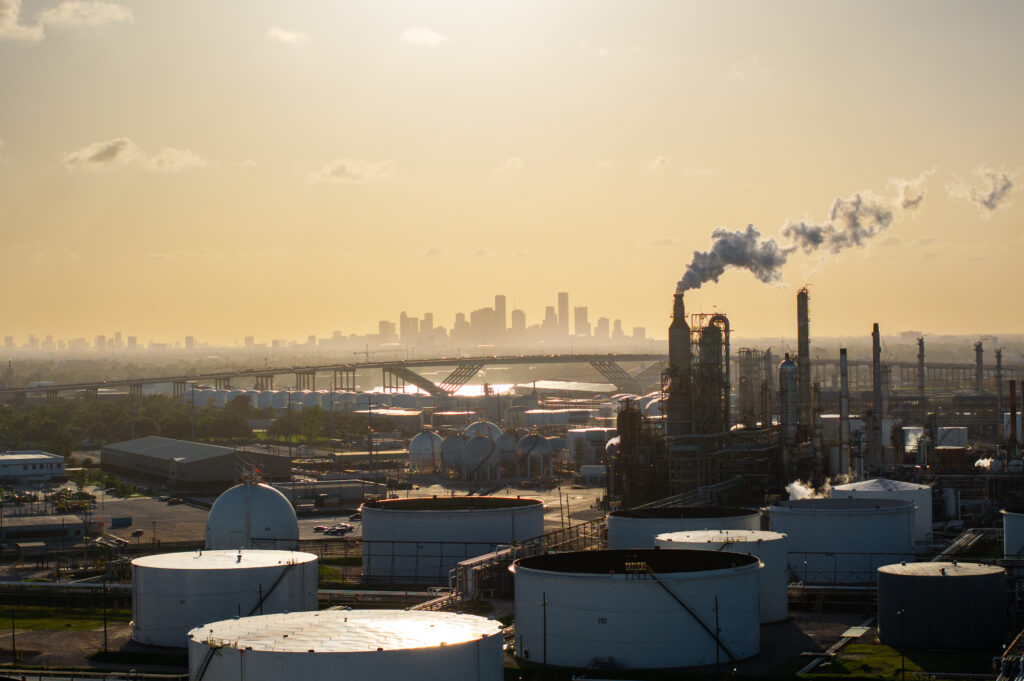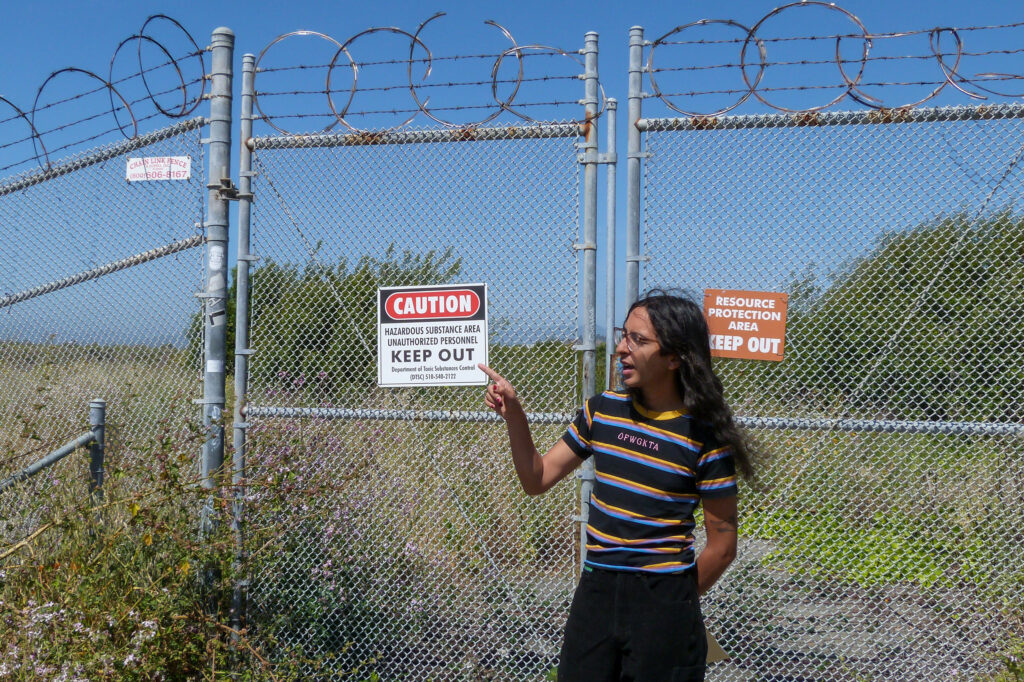New research shows a growing boardroom level concern that lack of action on environmental and social impact will soon cause growth decline.
Almost half of the business leaders quizzed in a recent study believe they need to start making more sustainable company decisions or tangible damage to corporate performance will become evident in the next three years. More so, around quarter of knowledge workers (23%) and decision makers (27%) say employees are likely to leave on grounds of environmental policy, or lack thereof.
The research was conducted by hybrid data cloud company Cloudera, as part of an upcoming report, ‘Limitless: The Positive Power of AI’. Fundamentally, it outlines a reality wherein growth and profits cannot be prioritised over ecological and social responsibility.
Crucially, those in the survey believe a minimum of 50% of data used by their employer should be exploited for good causes in the community. Meanwhile, 24% say their company should be public in its support for sustainable business practices, with 40% of decision makers and 37% of knowledge workers confessing their employer could be doing more on this front.
Artificial intelligence is widely considered to offer some solutions to improving this situation, with 81% of respondents identifying AI as key to delivering more sustainable practices that benefit both the company and society.
Suggestions that employees could start voting with their feet on whether their company is contributing to improving sustainable business is particularly worrying at a time when staff levels are proving difficult to maintain. The so-called ‘Great Resignation’ has been particularly visible in the US since pandemic-related lockdowns ended, but there are signs of a mass migration of staff in a number ofy global regions. Recent research by Gartner, for example, identified that 71% of IT professionals worldwide are looking to change jobs this year.
Cloudera’s findings back up a previous survey which found that around one quarter of young people will no longer work for organisations they deem to be ‘unsustainable’.
Image credit: Markus Spiske
















